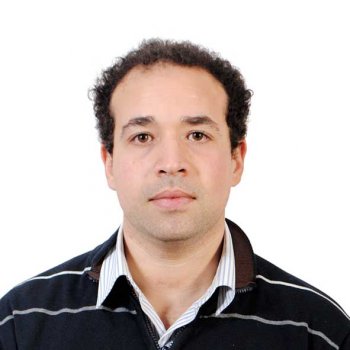[This seminar is being presented by the Center for Democracy, Development and the Rule of Law (CDDRL), focusing on Arab World affairs. CDDRL is a research center at the Freeman Spogli Institute for International Studies. The event page can be found here.]
Speaker
Date and Time
June 8, 2020 12:00 PM - 1:30 PM PST
Availability
RSVP Required.
Location
Online; via Zoom: REGISTER
FSI Contact
Abstract
This talk is based on the speaker's new book Cleft Capitalism: The Social Origins of Failed Market Making in Egypt (Stanford University Press, 2020). Egypt has undergone significant economic liberalization under the auspices of the International Monetary Fund, the World Bank, USAID, and the European Commission. Yet after more than four decades of economic reform, the Egyptian economy still fails to meet popular expectations for inclusive growth, better standards of living, and high-quality employment. While many analysts point to cronyism and corruption, this study finds the root causes of this stagnation in the underlying social and political conditions of economic development. It offers a new explanation for why market-based development can fail to meet expectations: small businesses in Egypt are not growing into medium and larger businesses. The practical outcome of this missing middle syndrome is the continuous erosion of the economic and social privileges once enjoyed by the middle classes and unionized labor, without creating enough winners from market making. This in turn set the stage for alienation, discontent, and, finally, revolt. With this book, Adly uncovers both an institutional explanation for Egypt's failed market making, and sheds light on the key factors of arrested economic development across the Global South.
Speaker Bio
Amr Adly is an assistant professor in the department of political science at The American University in Cairo. He worked as a non-resident scholar at the Carnegie Middle East Center. He has also worked as a project manager at the Center on Democracy, Development, and the Rule of Law at Stanford University, where he was a postdoctoral fellow. Adly received his Ph.D. from the European University Institute in Florence. He is also author of Cleft Capitalism: The Social Origins of Egypt’s Failed Market Making (Stanford University Press, 2020) and State Reform and Development in the Middle East: The Cases of Turkey and Egypt (Routledge, 2012). He has been published in a number of peer-reviewed journals, including Geo-forum, Business and Politics, Turkish Studies, and Middle Eastern Studies. Adly is also a frequent contributor to print and online news sources.
